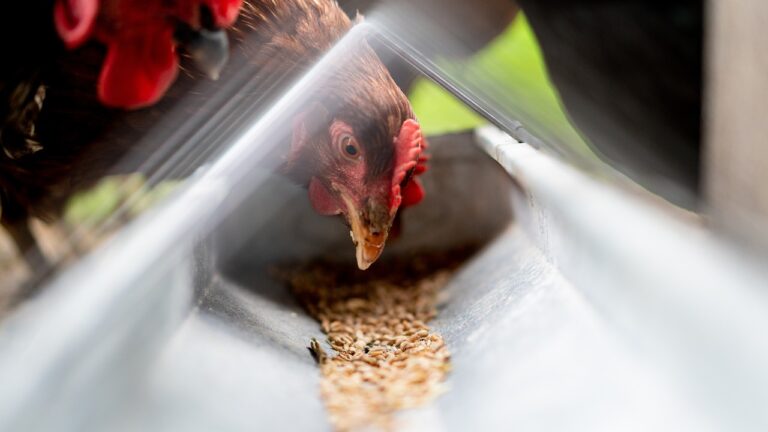The Impact of Habitat Loss on Honey Bees: Allpanel login, Mahadev online book, Cricket online id
allpanel login, mahadev online book, cricket online id: Habitat loss is a significant issue that is impacting honey bees all around the world. As urbanization and agricultural expansion continue to encroach upon natural habitats, bees are losing access to the diverse plants and flowers they rely on for food and shelter. This loss is having a detrimental effect on bee populations, with serious consequences for both the bees themselves and the ecosystems they support.
The Impact of Habitat Loss on Honey Bees
Many people are aware of the crucial role that honey bees play in pollinating crops and wild plants. However, fewer may realize just how much this tiny insect relies on a diverse range of habitats to thrive. Bees need a variety of flowering plants to provide them with nectar and pollen, which are essential sources of food for both adult bees and their developing larvae. In addition to food, bees also require suitable nesting sites to build their hives and raise their young.
When natural habitats are destroyed or fragmented by human activities, bees lose access to these essential resources. This can lead to a decline in bee populations, as bees struggle to find enough food and suitable locations to establish new colonies. In some cases, habitat loss can even push bees to the brink of extinction, as they are unable to adapt to changing environmental conditions.
One of the most visible impacts of habitat loss on honey bees is a decrease in their overall health and vitality. Bees that are unable to find enough food or suitable nesting sites are more susceptible to diseases, parasites, and other stressors. This can weaken their immune systems and make them more vulnerable to pests and pathogens, leading to higher rates of colony collapse and bee mortality.
In addition to the direct effects on bee populations, habitat loss can also have broader ecological consequences. Bees are keystone species that play a crucial role in pollinating a wide variety of plant species, many of which are important for ecosystem health and stability. Without bees to pollinate these plants, ecosystems can become imbalanced, leading to declines in biodiversity and the loss of important ecosystem services.
Furthermore, bees are also essential for agricultural production, as they pollinate many of the crops that humans rely on for food. Without bees to pollinate these crops, yields can decrease, leading to food shortages and higher prices for consumers. In this way, habitat loss can have far-reaching effects on both natural ecosystems and human society.
In order to mitigate the impact of habitat loss on honey bees, it is crucial that we take action to protect and restore their natural habitats. This can include preserving wild areas, planting pollinator-friendly gardens, and creating green corridors to connect fragmented habitats. By providing bees with the resources they need to thrive, we can help ensure their continued survival and the health of the ecosystems they support.
FAQs
Q: How does habitat loss affect different species of bees?
A: Habitat loss can have varying effects on different species of bees, depending on their specific ecological requirements. Some bee species may be more adaptable to changes in their habitats, while others may be more vulnerable to habitat loss.
Q: What can individuals do to help protect honey bees from habitat loss?
A: There are several actions that individuals can take to help protect honey bees from habitat loss, including planting pollinator-friendly gardens, supporting local beekeepers, and advocating for policies that prioritize bee conservation.
Q: Are there any benefits to protecting honey bee habitats beyond helping the bees themselves?
A: Yes, protecting honey bee habitats can have a wide range of benefits beyond just helping the bees. By preserving natural habitats, we can also protect other pollinators, support biodiversity, and promote the overall health of ecosystems.
Q: How can policymakers and governments help address the issue of habitat loss for honey bees?
A: Policymakers and governments can play a crucial role in addressing habitat loss for honey bees by implementing conservation policies, supporting research on bee populations, and funding habitat restoration projects. By working together, we can help ensure a sustainable future for honey bees and the ecosystems they support.







